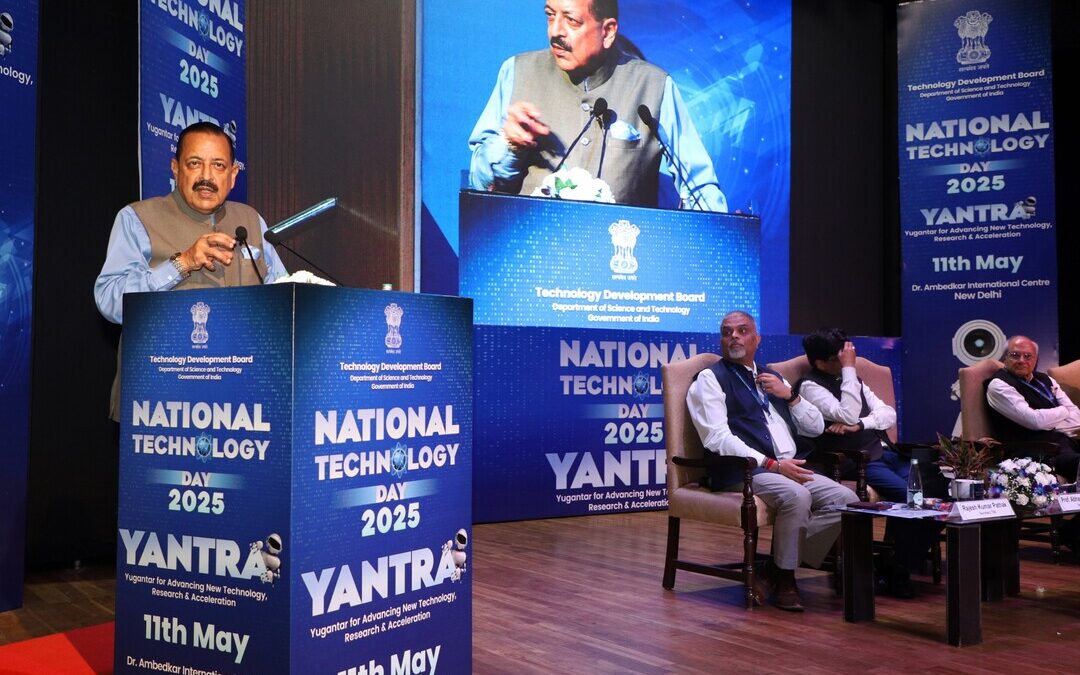India Launches 1st Cluster of Carbon Capture Testbeds in Cement Sector
India launches five carbon capture testbeds in cement sector to drive industrial decarbonization and meet net-zero goals.
India launched its first cluster of carbon capture and utilization testbeds in the cement sector on Sunday, marking a significant step towards industrial decarbonization under a new academia-industry partnership model to support the country’s climate goals.
The Department of Science and Technology unveiled five CCU testbeds during National Technology Day celebrations in New Delhi, positioning the initiative as a cornerstone of India’s drive toward net-zero emissions by 2070.
“These testbeds will pioneer research and innovation in hard-to-abate sectors and demonstrate the feasibility of CCU technologies at industrial scale,” said Dr. Jitendra Singh, Union Minister of State for Science and Technology, who officiated the launch.
These testbeds bring together premier research institutions and top cement manufacturers to co-develop technologies that can capture carbon dioxide emissions from cement production and convert them into valuable products such as synthetic fuels, urea, chemicals and concrete aggregates.
“Cement is a vital sector for India’s economy, but also a major source of industrial carbon emissions,” DST Secretary Prof. Abhay Karandikar said. “Deploying CCU in this sector will be instrumental in achieving India’s Nationally Determined Contributions.”
Five Testbeds, Five Pathways
Each of the five testbeds will focus on a distinct approach, including advanced catalysis and vacuum-based gas separation, with the aim of creating scalable, cost-effective solutions for carbon capture and reuse.
The Energy and Sustainable Technology division of DST had issued a special call to mobilize academia-industry consortia for the initiative, emphasizing integration of CO2 capture and utilization technologies within industrial settings.
Officials said the testbeds are designed to validate emerging CCU technologies and catalyze broader adoption in the cement sector and beyond, including steel, power, and chemicals.
The announcement was made at the Dr. Ambedkar International Centre with senior government officials and industry leaders, including Dr. Rajesh Gokhale, secretary of the Department of Biotechnology and Dr. Ajai Choudhary, co-founder of HCL.
DST officials said continuous innovation through testbeds, particularly in catalysts, electrolyzers and reactor design, could reduce the cost of green cement production, enhance the sector’s sustainability and accelerate the country’s transition to a low-carbon economy.
Nirmal Menon
Related posts
Subscribe
Error: Contact form not found.


